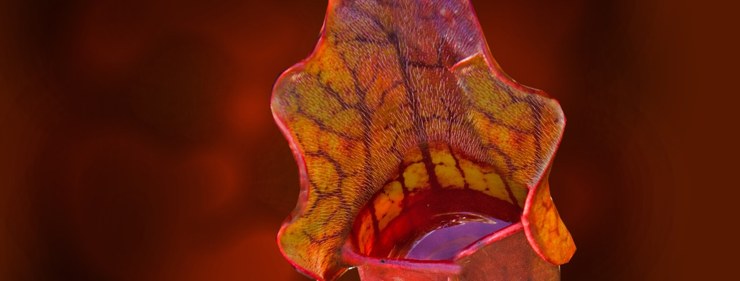You have probably at least heard of it, if not taken part in it. Dry January, or Drynuary. The idea is to spend the whole month of January without alcohol in order to make up for the indulgences of the holiday season. So nearing the end of the first month of the year, the question has to be asked: Does it work? Well, according to the New York Post and psychologist Ramani Durvasula, Drynuary is just “one more thing for people to fail at.”
Why Dry January Has Pitfalls
Of course, failure can happen on multiple levels for a person trying to cut back on their drinking. Especially if there is an alcohol use disorder in play. In his book on how to quit drinking (The Easy Way to Stop Drinking), Allen Carr equates anyone who partakes in alcohol consumption with a fly on the pitcher plant.
A pitcher plant eats live insects. All types of flying and crawling bugs are attracted to its cupped leaf. It might be smells or actually nectar, but insects are drawn to it. Carr’s point is that once an insect stands on the slope of a pitcher plant, they are already doomed to fall into the liquid at the base of the slope. Once they have landed, they cannot escape. The fly might be obliviously drinking the nectar, but they are slowly and surely falling into the trap.
The Reinforced Myth
Carr uses this as a metaphor for alcohol addiction. He describes that once you have begun drinking, your body gets put in a position like an insect on the pitcher plant. You might not be in the pool of death yet, but once you have landed, it is your ultimate destination.
There are lots of myths involved in alcohol use disorder. One of the more common ones is that alcoholics drink all day long. Every day. The reality is that many people with alcohol use disorder are able to abstain here and there. Even possibly for a full month. A person who partakes in dry January might be able to grit their teeth for 31 days and still have a disorder and need a detox.
The Normalization of Heavy Drinking
Heavy drinking has become pop culture. It has often been part of the college scene, and the sports viewing scene. But now it’s even spread to the women’s get together scene. Anything that encourages drinking all day is normalizing heavy drinking. And heavy drinking is very much like an insect falling face first into the pitcher plant. Part of the psychological problem with washing yourself clean in the waters of a dry month is the justification of really going for it right on the brink. It happens every year the day before the season of fasting known as Lent. This is the day of Mardi Gras. “It’s okay if I have four more drinks … I’m going to quit for a month soon.”
Binging Comes Next
Then what happens after the fast? One thing that science has told us about willpower is that it can be used up. Willpower depletion can be dangerous for a person who has been holding back from drinking for a whole month. Individuals coming off a month-long abstinence, often come back with a vengeance. The initial effects of this are quite dangerous. Binge drinking is a sign of bigger dependency issues, and it can actually be life-threatening. Alcohol poisoning (or overdose) is common with binge drinking. But there is more …
Regulation Troubles
Once, twice, three times … once the binge occurs, people with budding alcohol use disorder may struggle to come back from the initial return to their now-heavier drinking ways. Sometimes this inability to regulate is enough to push an individual over the edge into full-blown alcohol use disorder.
Now, we are not sitting here telling people they should not moderate their alcohol consumption. That is always a good idea. We simply want to make people aware of the possible dangers where alcohol use disorders are involved. Anything that allows a person to continue to deceive themselves about alcohol addiction is not healthy. It is dangerous. Especially if the outcome could lead to binge drinking or unregulated heavy drinking.
Instead, Find Full Transformation
At SoCal Detox we advocate for full life recovery and transformation. If you or a loved one are struggling with alcohol and know it, we are can help you engage in real recovery. This is recovery with a hope for a full future, not just white-knuckling it to get to the end of the month. Please call one of our addiction specialists today to get your questions answered and to apply for quick admission: 888-590-0777.






